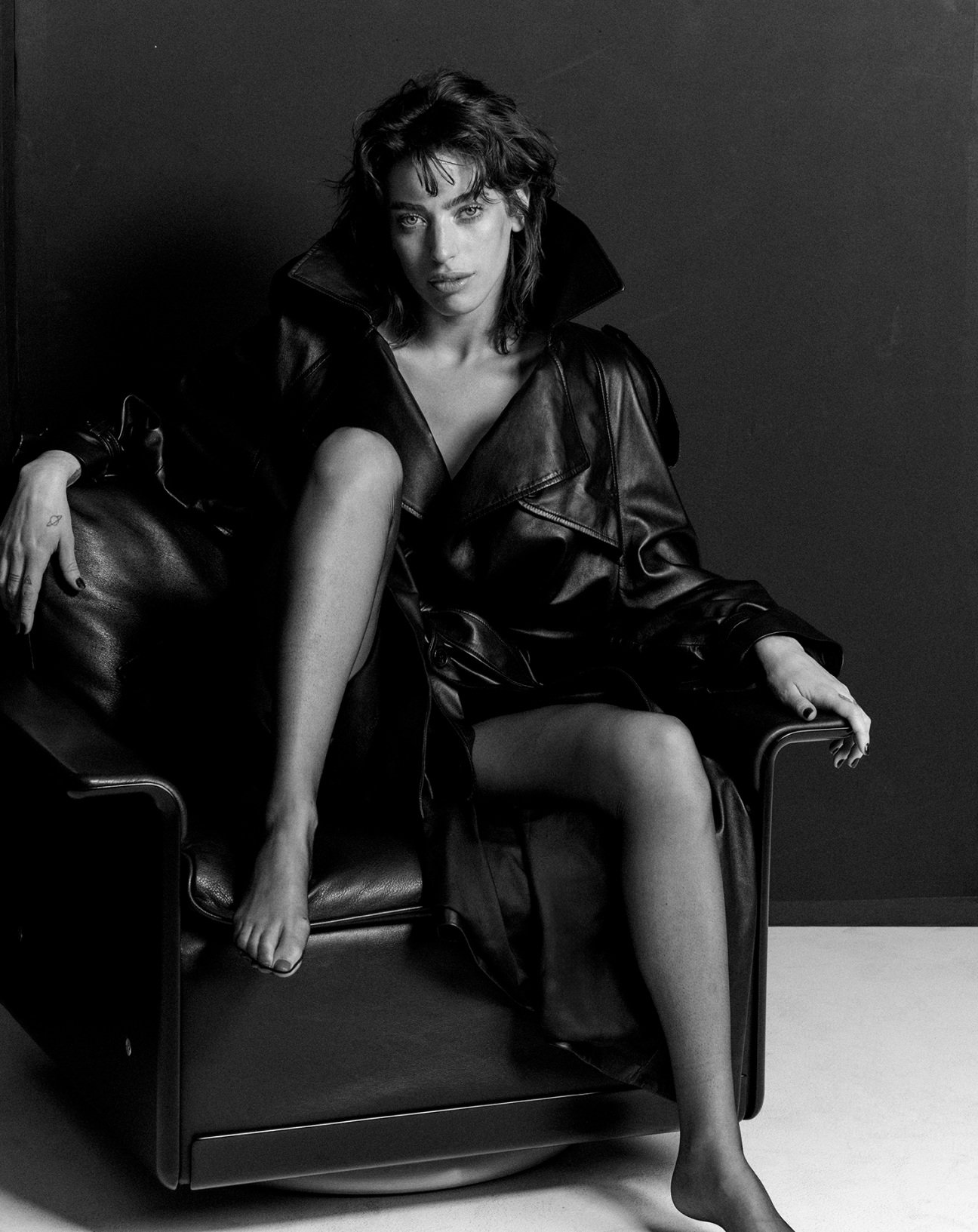
After landing a number of film roles—both solo and alongside her father, Ewan—Clara McGregor has also set her sights on the other side of the camera. Deux Entertainment, the production company she co-founded, is currently developing a number of projects focused on the stories of women.
CULTURED: What was the biggest “pinch me” moment of your career so far?
Clara McGregor: Producing and acting in Bleeding Love has been a big highlight so far. It was released through Deux Entertainment, which is a production company that my partner Vera Bulder and I founded. We had the incredible experience of producing it alongside the production company, Killer Films. To have the chance to collaborate with them was a gift. I have been a fan of Christine Vachon and Pamela Koffler’s work for many years. Honestly, I pinch myself every time I’m on set. I feel immensely lucky to be creating and working.
CULTURED: What do the characters you gravitate towards have in common?
McGregor: What I love most about acting is having the opportunity to immerse yourself into a range of people, each existing in different contexts with unique beliefs and ideas about life and what it means to be human. I try to gravitate towards something new each time. I want to work in every genre and challenge myself with the roles I play. I’m excited to dive into horror this spring with director Xavier Palud on his next film, Noon, and to lean into comedic roles in the future.
CULTURED: What's the strangest (or most memorable) compliment you ever received about one of your performances?
McGregor: At a screening of The Birthday Cake, directed by Jimmy Giannopoulos, I met a director that I deeply admire. After watching the film, he told me that he found my character very memorable. How cool! Although, I did not act very cool about it.
CULTURED: What is the best advice you’ve ever been given? The worst?
McGregor: The best advice: "You can’t wait for the phone to ring." The worst advice I’ve ever received was essentially the opposite—waiting for the phone to ring. Persistence, belief in yourself and your work, and knowing when and how to advocate for yourself and your projects, is crucial in this industry.
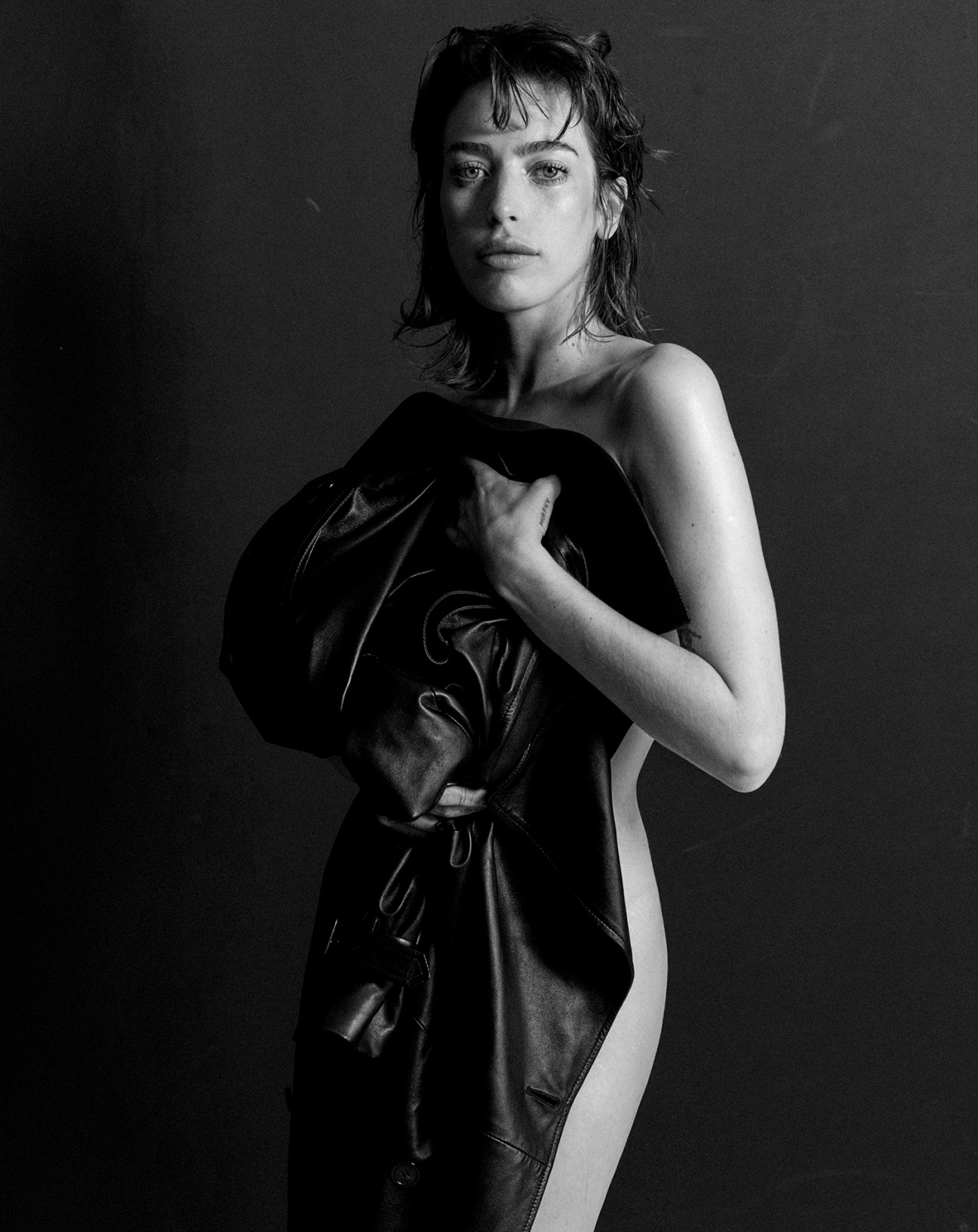
CULTURED: Name one film that got you through an important moment in your life. What’s so great about it, why did you connect with it, and why does it stay with you?
McGregor: The 400 Blows, directed by François Truffaut, comes to mind immediately. I first watched it when I was around 8. It gave me not only a rich perspective on youth, family dynamics, and teenage rebellion but more generally on filmmaking. Jean-Pierre Léaud’s performance was brilliant. I distinctly remember not only being moved by his talent but being inspired to pursue acting in the hope that [I could] one day be as good as he was. In many ways, this film helped me grow up and guided me through my teenage rebellious years. I revisit it often.
CULTURED: What is your ritual for managing rejection?
McGregor: Being a producer, I often find myself on the other side of self-tapes and auditions, which has taught me a lot as an actor. It became evident that not booking a job is rarely personal. There are so many other factors at play. Recognizing that has allowed me some freedom from the idea of rejection. I heard an actor describe auditioning as just as much a part of the job as booking the role and being on set. I like to think about it like that.
CULTURED: When did you learn what it meant to be an actor? What was your biggest misconception about the craft?
McGregor: I think I grasped what it meant to be an actor when I acted in my first ever movie, an indie called Groove. I remember the adrenaline rush I felt being on set the first day and I’ve continued to feel it ever since. There can be a lot of waiting around on set, but I’ve always found that time enjoyable. I don’t think I fully appreciated, let alone understood, how many moving pieces needed to come together for a set to run smoothly and for a film to see the light of day until I started acting.
CULTURED: When was the last time you surprised yourself on set?
McGregor: There’s a scene in Bleeding Love where all of the emotions built up in the first two acts come pouring out of my character. It's an argument between the daughter, me, and her father. Emma Westenberg, our brilliant director, gave us room to improvise and I surprised myself with what I said and how strongly my emotions showed themselves. It was equally surprising to me that when I’d finished that take, amid the tears and anger, I felt an overwhelming sense of joy and pride.
CULTURED: What is your party trick?
McGregor: An Irish exit. My skills are unparalleled. You’ll never see me leave… but you’ll miss me when I'm gone.
CULTURED: If Hollywood made a movie about your life, what single experience would it center on?
McGregor: If I had a say in it, I hope Hollywood would make a hilarious comedy about my best friend Vera Bulder and I starting our production company, Deux Entertainment, in the middle of a global pandemic—determined to bring more great narratives and female-driven projects to Hollywood.
Casting by Special Projects
Hair by Ward Stegerhoek
Makeup by Frank B
Nails by Maki Sakamoto
Digital Tech by Jeanine Robinson
Tailoring by Martin Keehn
Production Coordination by Enya Cirillo
Photography Agent: Philippa Serlin
Photography Assistance by Daniil Zaikin and Sergio Avellaneda
Styling Assistance by Moses Moreno and Mary Reinehr Gigler
Hair Assistance by Sean Bennett
Makeup Assistance by Natsuka Hirabayashi
On-Set Assistance by Giuliana Brida
Furniture by Vitsoe
Set Design by Happy Massee


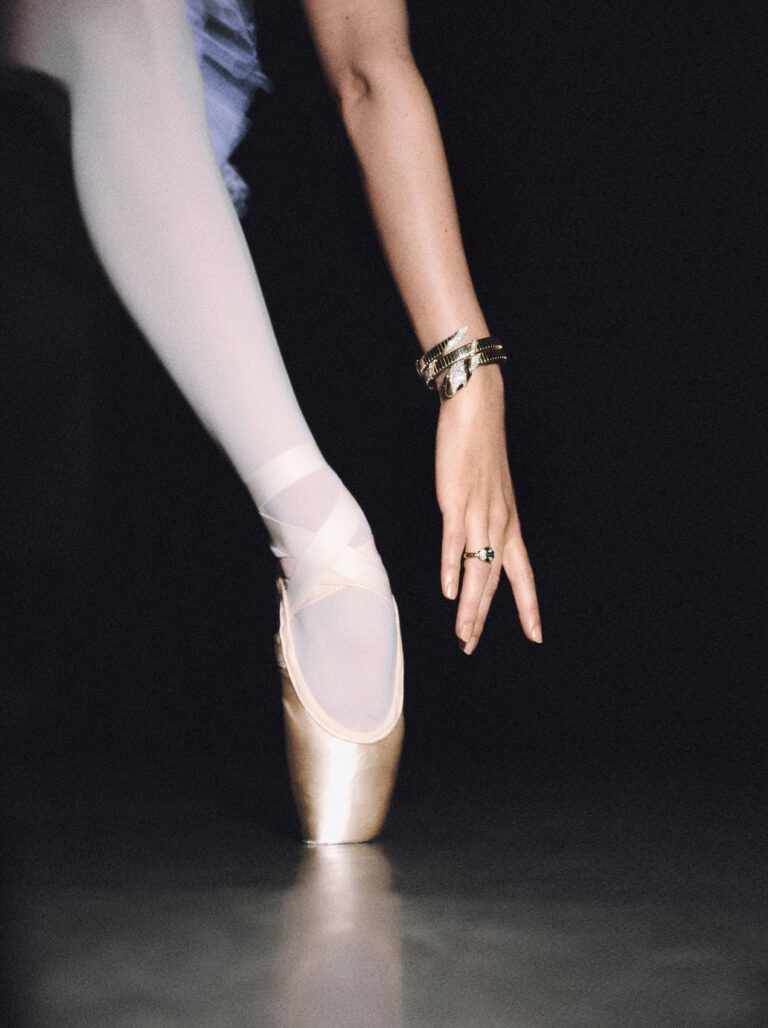
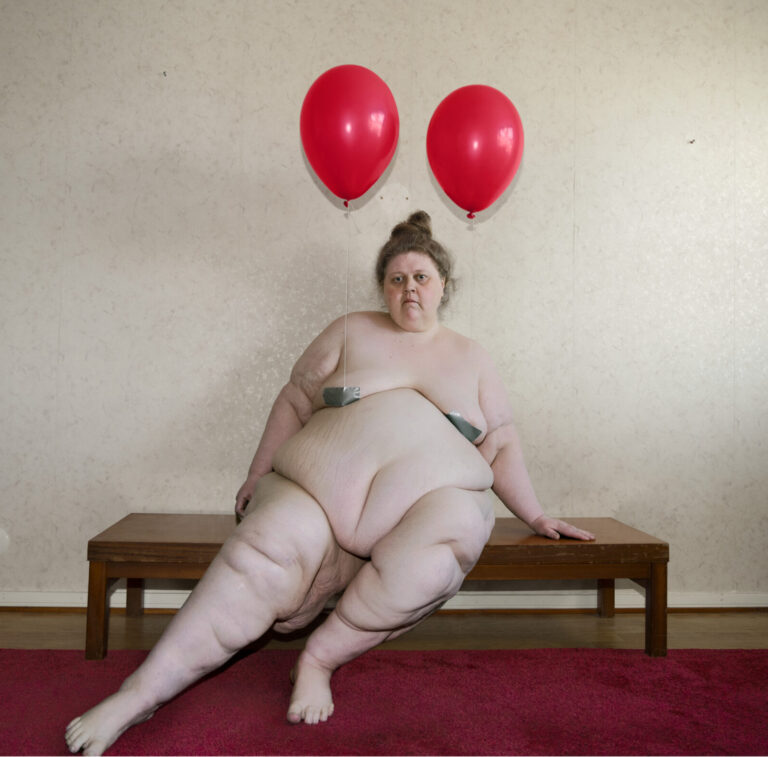

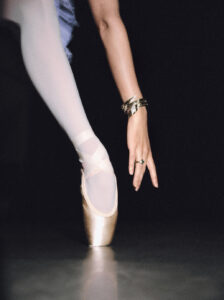
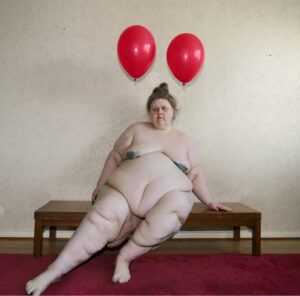



 in your life?
in your life?

